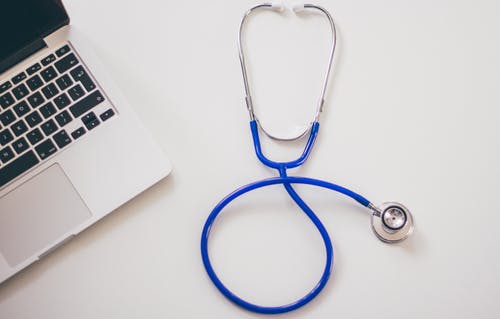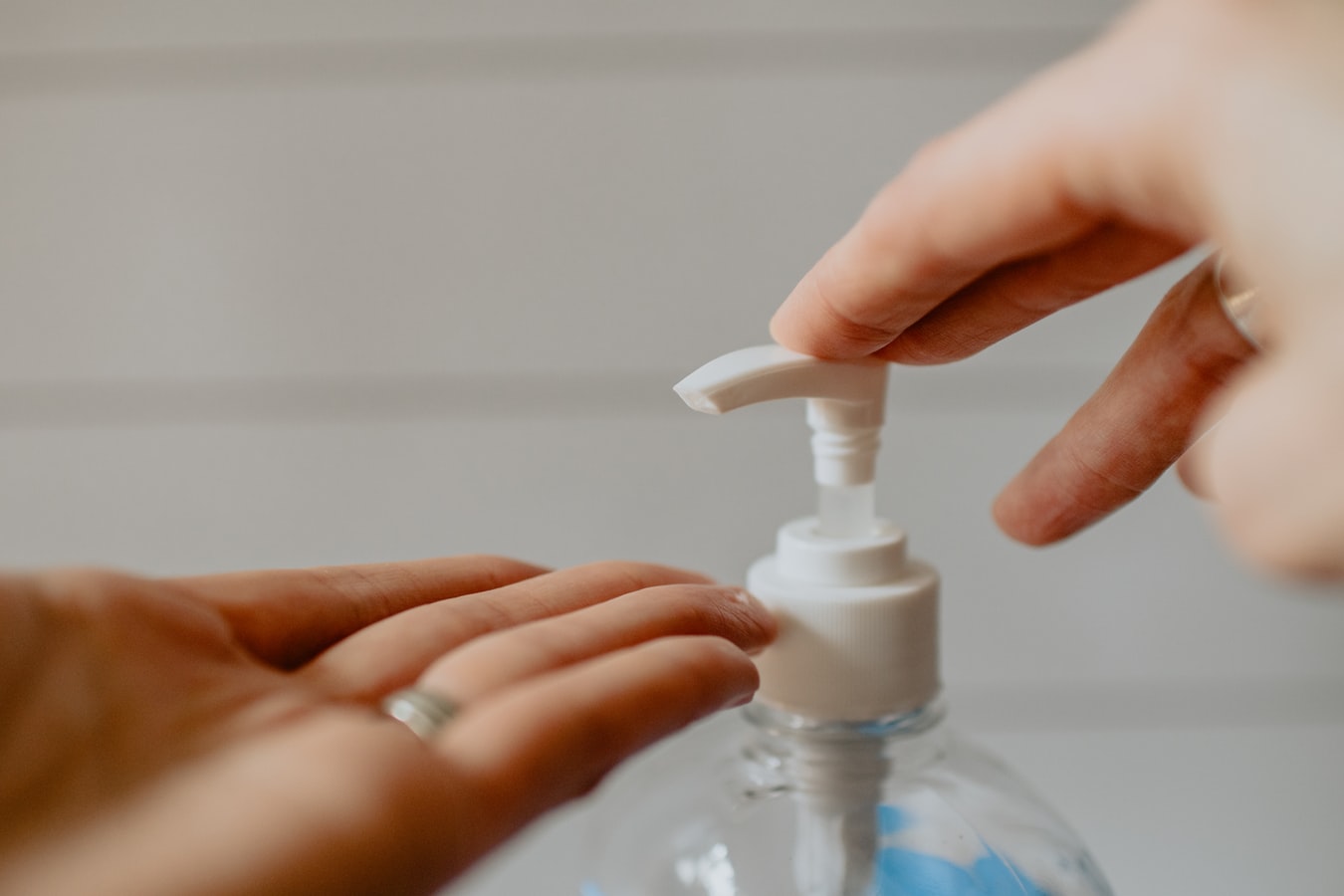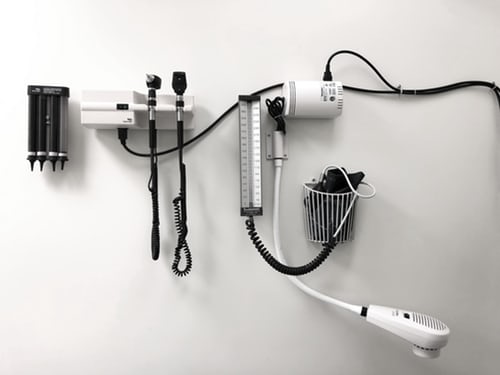
A GP is always on duty. Even if they are not on a call or in practice, a doctor has both a professional and ethical duty to help those in need of medical care. It is for this reason why many will always carry a bag with them, which will allow them to care for a patient in a practice, a patient’s home, or during an emergency. Here are the five items that should be included in every GP’s bag.
1. A High-Quality Stethoscope
A stethoscope can serve multiple purposes, as it allows medical professionals to listen to someone’s heart, check their lungs, and they can be used to take a patient’s blood pressure in combination with a sphygmomanometer. It can, therefore, help a doctor to get to the root cause of one or more health problems and identify the appropriate treatment option. It is for this reason why GPs must have a high-quality stethoscope in their bag.
2. Finger Pulse Oximeter
A finger pulse oximeter is a small, lightweight and noninvasive device used to measure the percentage of oxygen within a patients blood as well as the pulse rate. This painless piece of medical equipment easily clips onto a patients finger and provides this information by sending wavelengths of light through the finger.
Doctors will use a high quality finger pulse oximeter for a variety of reasons such as:
- Gauge how well new lung medication is working
- Identify whether a patient requires additional breathing support
- Review the safety of physical activity in patients with cardiovasulcar or respiratory problems
- Get a general reading of a patients oxygen levels and pulse rate
There are options for patients to purchase finger pulse oximeters which can be used at home as personal patient monitoring equipment. Should you or a loved one suffer from heart or breathing problems such as COPD, asthma or other lung conditions, monitoring the pulse rate and oxygen levels can help the patient to manage their conditions under the guidance of their GP.
3. Hand Sanitiser
Many GPs often carry hand sanitiser in their bag, as they will need to clean their hands after helping a patient or handling urine samples. It is, however, important they use an alcohol-based hand sanitiser, which is more effective at killing bacteria than soap and water or alcohol-free hand sanitiser. Doctors can also avoid coming into contact with bodily fluids or blood by adding a pair of disposable medical gloves into their bags.
4. A Diagnostic Set
No doctor’s bag is complete without a professional diagnostic set, which will often feature an ophthalmoscope and otoscope. The medical instruments will allow a GP to examine a patient’s ears, eyes, and throat, which they might require when on-call. To ensure they spot a potential health issue with ease, a doctor should invest in a dependable diagnostic set from the likes of Welch Allyn, Keeler, Heine, Kawe, Riester and you can find different options for your needs and budget on our website.
5. Blood Pressure Monitor
Doctors measure blood pressure (BP) to identify whether a patient may have a high or low BP reading and therefore, could be at risk of heart disease or a stroke. The two keys readings that a BP monitor will provide are:
- Systolic Pressure (Top Number) – This number refers to the amount of pressure in your arteries when your heart is contracting.
- Diastolic Pressure (Lower Number) – This number refers to the amount of pressure in the arteries when the heart is filling.
A high quality blood pressure monitor such as the A&D UM-201 Simple Operation Blood Pressure Monitor will accurately measure both systolic and diastolic pressure, whilst also equipped with an irregular heartbeat indicator (IHB). To get an accurate reading, it is vital that the appropriate size blood pressure cuffs are used.
If you are looking for high-quality medical equipment to add into a GP bag, look no further than us here at Medical Supermarket. You can choose from a wide variety of items from trusted medical brands, which can help you to improve healthcare standards in a GP practice, when on call, or during a medical emergency.





















